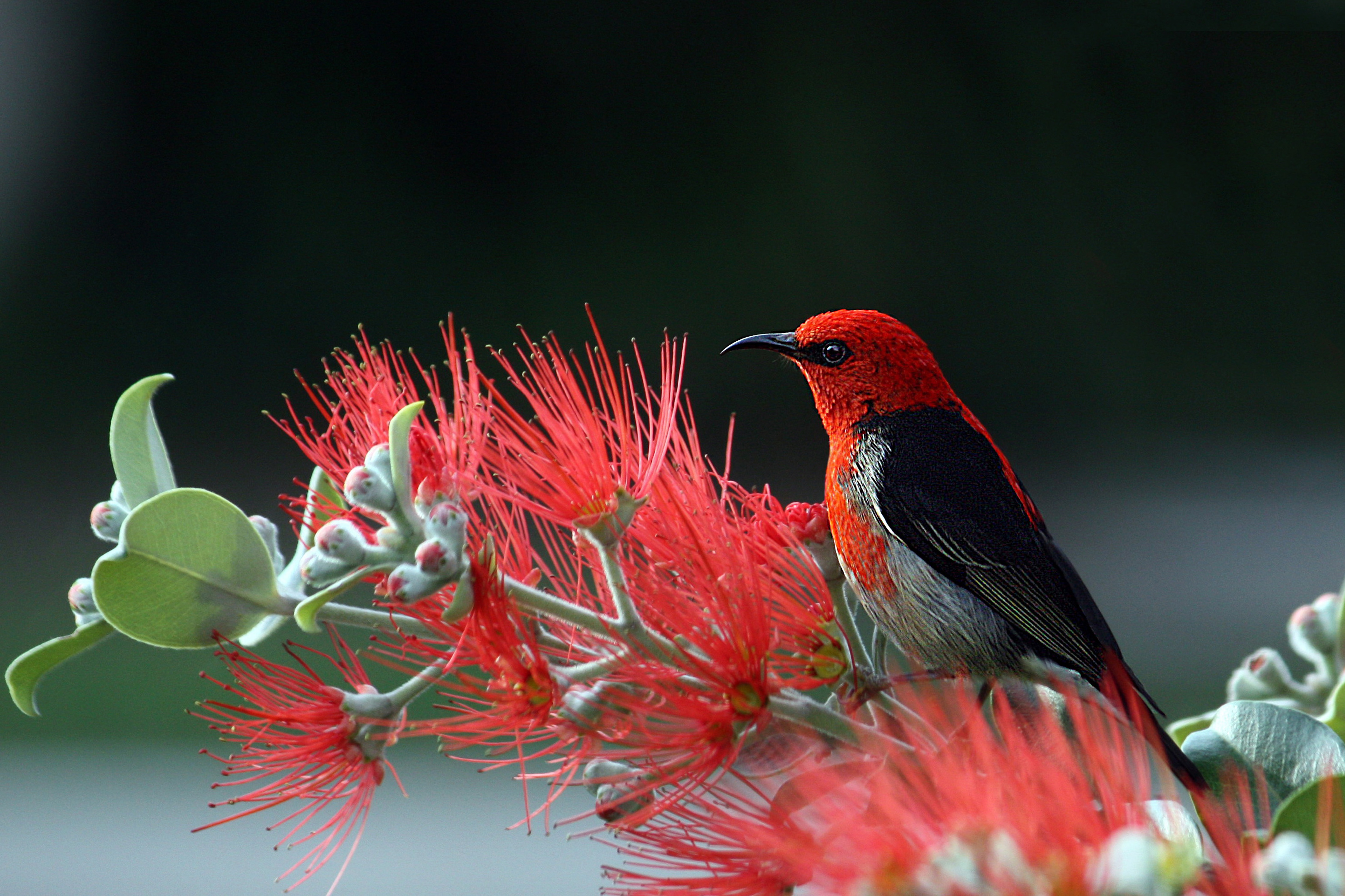Study
Life
Research
Business Services
Business Services
-
Developing People
We can help you fill your skills shortages by developing and empowering your workforce with our flexible work-based learning solutions.
-
Funding, Services and Support
You can develop your business using our expertise and resources, grants and loans, or free support.
-
Facilities and Services
We have venues for conferences, meetings and events, plus first-class technological centres and research and development facilities.
-
Recruiting the Best Talent
We want to connect your organisation to our talent. Our students and graduates can provide you with new ideas and energy.
-
Research and Expertise
We are experts in applied research with a practical, business focus and can help you with project development.
-
Partnership Opportunities
Join our growing network of high-quality corporate and academic partners.

